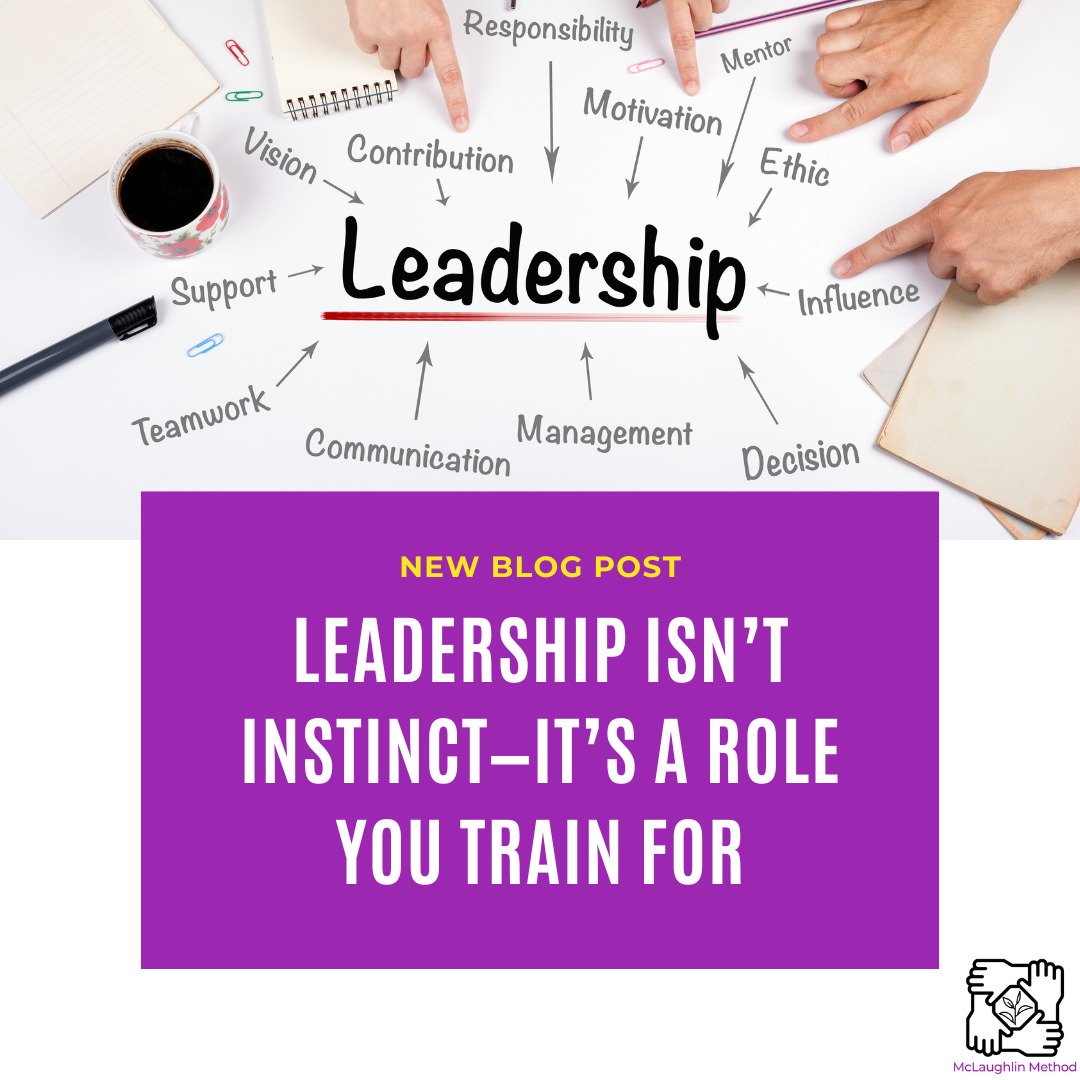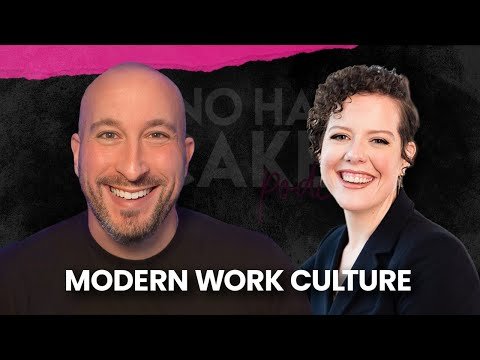Building a Better Relationship with Your Board of Directors
Do you ever feel like your board is an adversary?
Based on my experience working in high-growth technology startups, I saw many Executives and their direct reports going through giant fire drills in the weeks preceding a board meeting.
It was as if this board meeting was the be-all end-all of how we communicated the status of our company. All other work was dropped so that we could assemble data for a board deck.
And the way that the executives would describe the board: we had to either make the information look good, or that we had to appease the board and make our executive leader look good. None of it ever sat right with me. And I'm sure it didn't with my colleagues in other departments who were also responding to their leader’s fire drills.
There's a sense that we can't be honest and transparent with our board. And not being transparent means that we’re hiding or covering things up. That is not a good business practice.
Your board is there to help you navigate the very real changes and challenges that you have going on in your company.
They care just as much as you do about your company’s success.
Many of you probably wouldn’t even say that you have a “relationship” with your board. That’s a mistake.
In order for your board to be a partner, you have to get to know them. Call them. Invite them to company events. Forward emails and celebrations to your board. Let them see the good work that your team is doing in between your updates at board meetings.
Part of what fuels this sense of the board as an adversary are the power dynamics that are overt or unspoken in these relationships.
What control does your board have? What can you control? Well, you can control how you speak with your board, what messages you send them.
When we’re in a position of “less power” we believe we have to fight for our independence. We fear judgment. We are prone to justifying and defending ourselves.
You are still the executive leaders of your company. You can stand in your integrity when you speak with your board. You can send them the numbers they're asking for, while leading with wins, passion, and impact.
Before you meet with your board next, establish some kind of one on one communication with each board member. Get to know them. Let them get to know you.
Here’s another tip we can borrow from theatre study: every person in a relationship or situation has something that they deeply want that is motivating them. In acting, we refer to this as your intention. Your intention drives your actions, your words, your responses.
Your intention drives your actions, your words, your responses.
You may not have any idea what this intention is with your board -- perhaps it is approval, more funding, or something else.
Fun fact: each board member has their own intention, too. It may be different than yours. It may be more aligned than you think.
Because this is real life and not the stage, use this knowledge of intentions to create alignment between you and your board.
This is not the place for assumptions. You can directly ask your board -- what made you decide to join our board? What gets you excited about our company? Then truly listen. With no agenda other than to understand them better. They may surprise you. Let them.
And when things get going in a direction that you don’t love, remember: Your intention in your relationship with your board has just as much value as their intention.
Set yourself up for success in that relationship and start shifting to a more people-centric approach.
Celebrate the impact that you're having on people, tell the stories of your customers and your clients and your prospects. Celebrate collaboration and how your team and people are doing great work for your company.
When we speak from a people-first perspective, you get to control the messages that you are sending to your board of directors.
When you form relationships with your board of directors, you’ll start to see them as people. As partners. Then you can really leverage the power of your board for your company’s success.
TAKE ACTION
Schedule one on ones with your board so you can start building an individual relationship with each of them.
Need to repair a relationship with someone on your board? That’s a perfect reason to book a one on one coaching session with Katie.
Reset your understanding of one employee or situation with a team member. Rapid results in a single 75 minute interactive coaching session. Guaranteed aha moments, more empathy for your team member, and key actions to take next time.
“Once you break past your own limited worldview and lens, your awareness changes. Awareness is the first step towards behavior change.”
(c) 2019 - 2024 Katie McLaughlin, McLaughlin Method



















